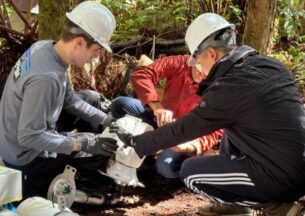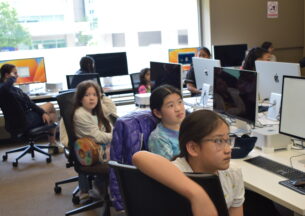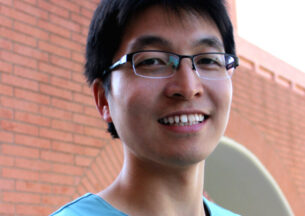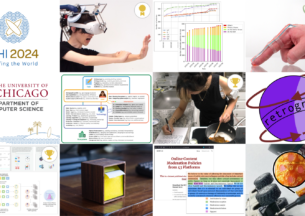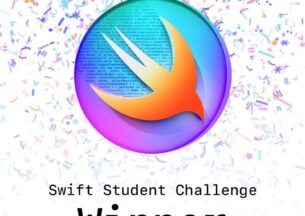Assistant Professor Raul Castro Fernandez Awarded NSF CAREER Grant to investigate Data-sharing Markets
 Assistant Professor Raul Castro Fernandez of the Department of Computer Science at the University of Chicago has been awarded the prestigious National Science Foundation (NSF) CAREER grant. This grant, known for supporting early-career faculty who have the potential to serve as academic role models in research and education, will bolster Castro Fernandez’s research on what he calls “data ecology”.
Assistant Professor Raul Castro Fernandez of the Department of Computer Science at the University of Chicago has been awarded the prestigious National Science Foundation (NSF) CAREER grant. This grant, known for supporting early-career faculty who have the potential to serve as academic role models in research and education, will bolster Castro Fernandez’s research on what he calls “data ecology”.
“The expression ‘follow the money’ presents ‘money’ as a form of power,” Castro Fernandez states. “My research emphasizes data as a form of power. ‘Follow the data’ requires characterizing what dataflows occur in an environment.”
He defines dataflow as an abstraction that describes the movement of data between entities. Sometimes, dataflows transform data in a positive manner, but other times they create havoc. The focus of data ecology is to study how to control dataflows to design data environments that work according to specification, reaping the value of data while avoiding its harms. His group works on developing the principles of data ecology and applying them to many data environments, including data sharing among employees in an organization, data markets, and more. Data-sharing is increasingly important; consider organizations that want to share data to achieve a larger common good, such as hospitals or banks pooling data to improve healthcare or fraud detection, or machine learning researchers combining datasets to train data-hungry large language models. The NSF CAREER grant will support Castro Fernandez’s work on incentivizing the creation of “data-sharing markets”.
Continuing with the examples he mentioned previously, sharing healthcare data has the potential to improve patient care, while sharing bank data could improve their fraud detection capabilities and would ultimately benefit customers. While there are many upsides to sharing data, it involves disclosing potentially sensitive information, which could turn around and hurt the participants. Castro Fernandez research explores opportunities to design data-sharing markets by combining economic, technical, and socio-technical incentives to bring about a socially beneficial data-sharing consortia that can benefit the above scenarios.
“While these cases motivate our research, we are concentrating on building a software platform,” Castro Fernandez states. “If it works as expected, there will be other use cases we did not anticipate. That’s an advantage of designing and implementing abstractions instead of point solutions, and this is an important goal for this research. I am excited about applying these ideas in practice and look forward to doing so.”
Castro Fernandez is grateful that NSF is funding the effort to study and implement data sharing market systems, and he is looking forward to working on this proposal. On top of the existing classes he teaches outside of research (Introduction to Database Systems and Ethics, Responsibility, Fairness, and Privacy in Data Science), he plans to continue teaching “The Value of Data” class next Fall, a class he started when he joined UChicago to explore the agenda of data ecology.
To read more about Castro Fernandez’s research, you can visit his profile here.




